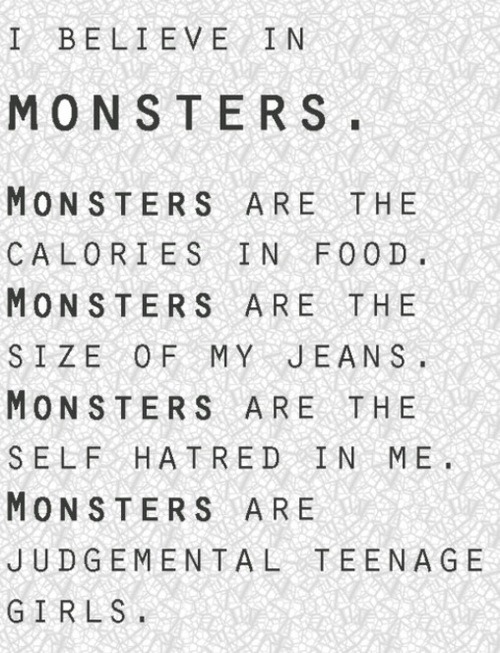
Why is the same book published over and over again?
Regurgitate knowledge, I call it.
This question arose while speaking with a friend -- much more well read than I will ever be, two or three lifetimes over.
We identified some annoying tropes—I take full responsibility for the editorialising:
• You're wrong! Everything you think about X or about the world - WRONG. (Though I've got a clever knew way to explain everything.) Think
Malcolm Gladwell.
•
You're right! You just don't know it yet, and you must find your strong, determined inner-self and find truth and happiness and love and great sex and free cable for the rest of your life.
• Why can't we all just get along? Everything, everybody - so divisive and cantankerous and hostile, yelling shouting heads, why can't it be like before, calm and civil and productive. (These people appear thrilled to advertise their total ignorance of history, at least of U.S. political history.)

• The sky is falling! Literally or figuratively, it's the end of the world. Whether economic collapse, plague, too much immigration, not enough immigration, global warming, cyborgs and terrorists -- doom, doom, doom. (Occasionally a modest author or two will then continue to explain how they alone possess the solution to one or all of these problems.)
But more seriously -- the last points the way to the One Book that's published today. We've one-upped
our Puritan forebears and have dedicated nearly all of our intellectual energy to awaiting the apocalypse. Second coming. End times. Revelation. However you'ld like to call it.
But unlike those godly Puritans, we want it to be easy. Chips or fries? Sit back and watch it all unfold in 3D surround sound -- simply chosen ones.
 There's no easy buck to be made, or solution to discover.
There's no easy buck to be made, or solution to discover. Real problems get solved with real, hard work and sustained thinking, original argumentation, research, newly discovered or newly refined or understood knowledge. It's messy. Slow, confusing, often wrong, sometimes worse that the initial problem, but never easily dispatched in a single shiny 265 page monograph that's nothing more than an auto-expanded version of what once appeared as a decent article in the New Yorker.
We await the audience that will buy that!
Until then, I'm going to read fiction. Awaiting my salvation.













